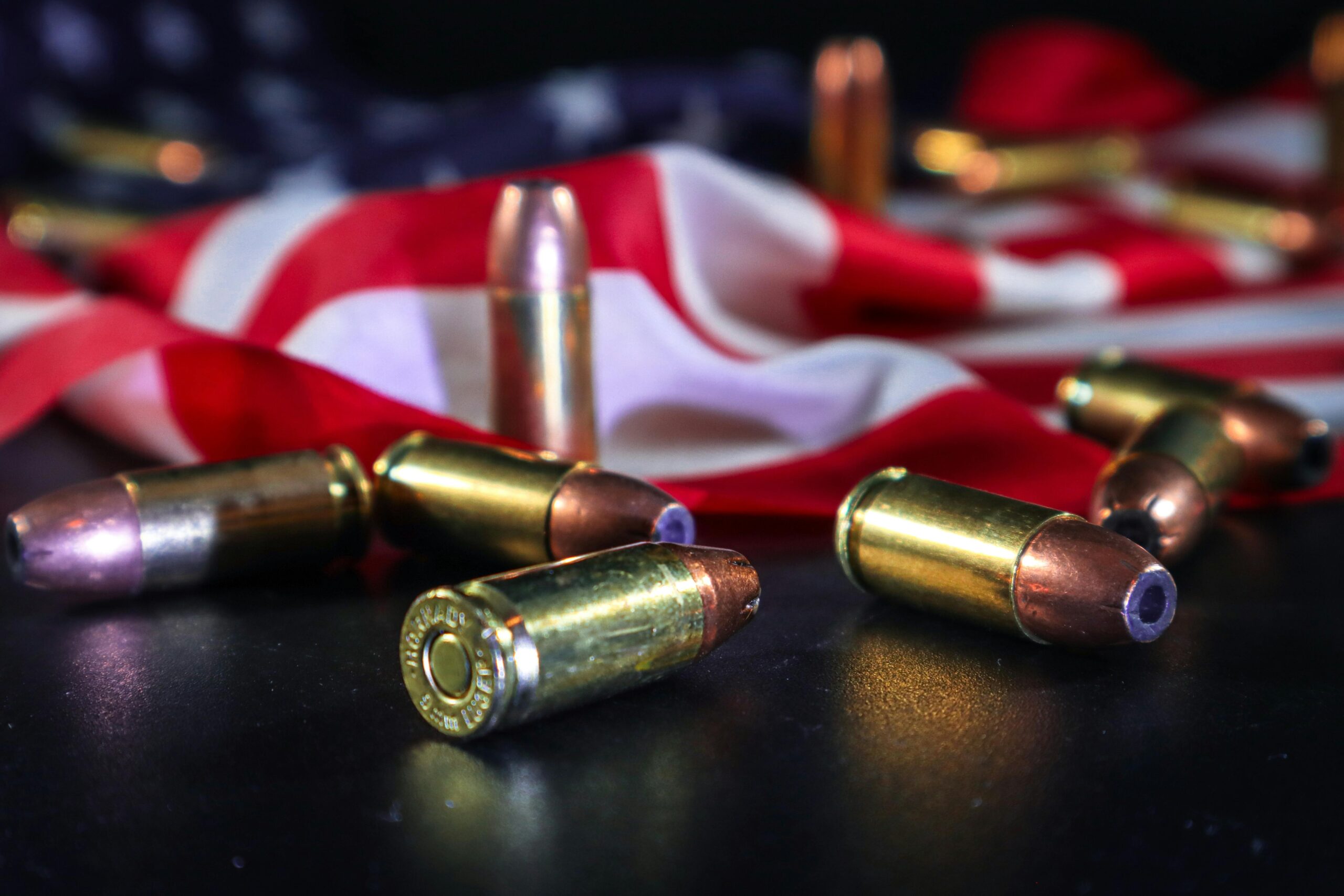In the fabric of American society, few issues provoke as much passionate debate and legislative gridlock as gun control. Rooted deeply in the nation’s history and enshrined in the Second Amendment of the Constitution, the right to bear arms is both a fundamental freedom and a contentious topic that continues to shape political discourse and public policy.
The Second Amendment, ratified in 1791, states: “A well regulated Militia, being necessary to the security of a free State, the right of the people to keep and bear Arms, shall not be infringed.” This succinct declaration has sparked myriad interpretations over the centuries, contributing to a polarized landscape where advocates champion individual liberties and safety measures clash with concerns over public safety and the prevalence of gun violence.
Central to the debate are contrasting perspectives on the role of firearms in American culture. For proponents of expansive gun rights, firearms symbolize self-defense, personal autonomy, and a safeguard against government tyranny—a sentiment deeply embedded in the nation’s frontier history and ethos of individualism. Conversely, advocates for stricter regulations argue that unchecked access to firearms contributes to a public health crisis, citing statistics that underscore the alarming rates of gun-related deaths, including homicides, suicides, and accidental shootings.
The legislative response to these divergent views varies significantly across states, reflecting a patchwork of laws that range from permissive to highly restrictive. While federal laws set a baseline, states retain substantial autonomy in crafting regulations tailored to local needs and sentiments. This decentralized approach has resulted in a complex tapestry of gun laws, where what is permissible in one jurisdiction may be heavily regulated or outright prohibited in another.
In recent decades, high-profile incidents of mass shootings have reignited calls for stricter gun control measures at the federal level. Proposals for universal background checks, restrictions on assault weapons, and red flag laws—allowing for the temporary seizure of firearms from individuals deemed a risk to themselves or others—have sparked intense legislative battles and galvanized advocacy efforts on both sides of the aisle.
Amidst these debates, the influence of interest groups such as the National Rifle Association (NRA) looms large, wielding significant political clout and mobilizing grassroots support to defend Second Amendment rights. Their influence in shaping public opinion and legislative outcomes underscores the intricate interplay between lobbying efforts, electoral politics, and the formulation of gun policy in America.
Beyond the legislative arena, the societal impact of gun violence resonates deeply, sparking movements for gun reform and prompting communities to confront the human toll of firearms-related tragedies. Voices from affected families, survivors, and activists converge in calls for meaningful action, challenging policymakers to prioritize public safety while respecting constitutional rights.
Navigating this intricate landscape requires a nuanced understanding of legal precedents, empirical research on gun violence, and the evolving dynamics of public opinion. It demands a delicate balance between upholding individual freedoms and safeguarding community well-being—a balance that continues to elude easy resolution.
As America grapples with its complex relationship with gun laws, the dialogue persists, driven by a quest for common ground amidst entrenched viewpoints. Whether through legislative compromise, judicial rulings, or grassroots advocacy, the quest for solutions remains paramount, reflecting a nation’s ongoing endeavor to reconcile liberty with security in an ever-evolving social and political context.













Recent Comments